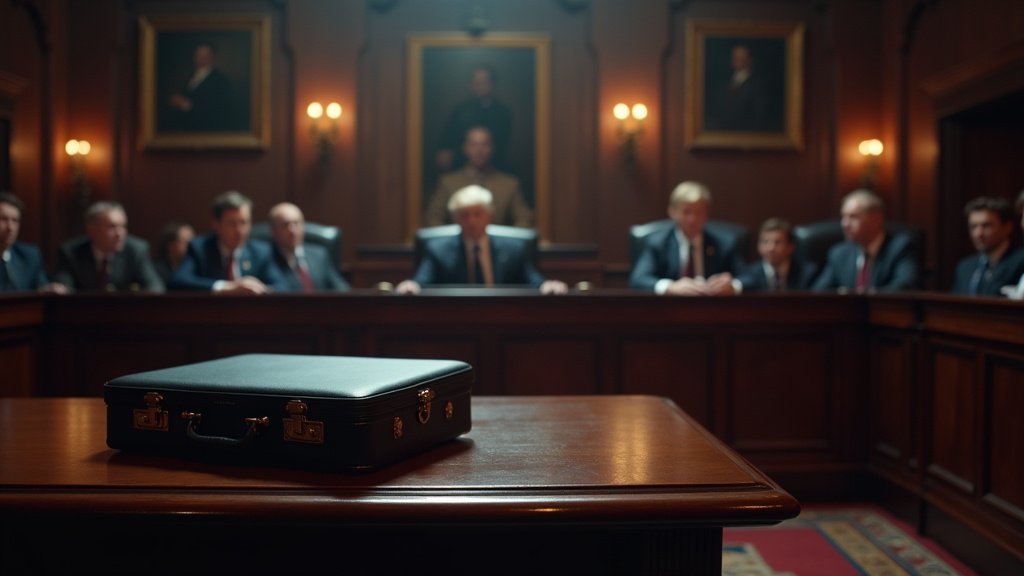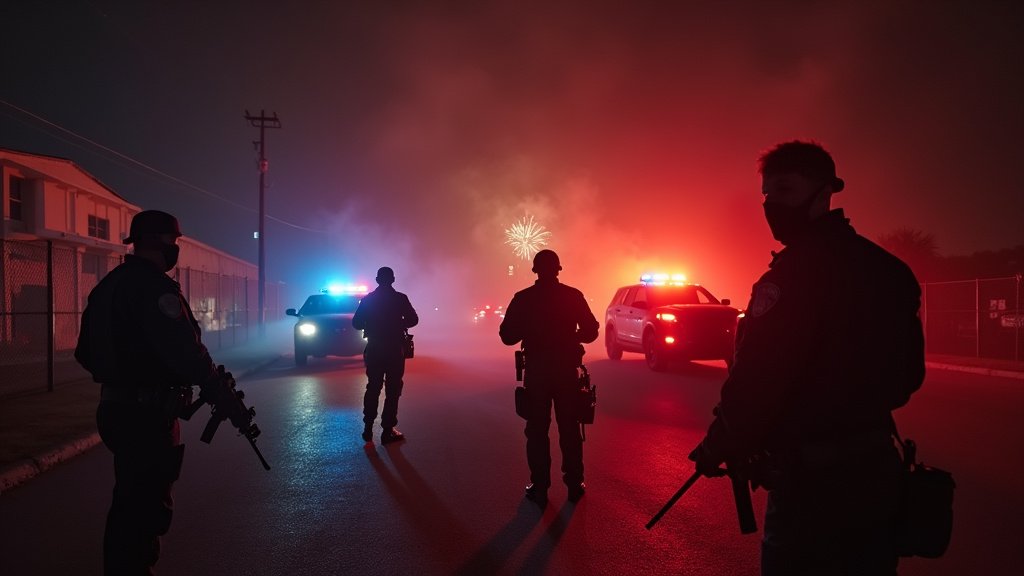In a significant move that intensifies the ongoing debate over LGBTQ+ rights in the Lone Star State, the Texas House of Representatives has passed Senate Bill 8 (SB 8), a sweeping piece of legislation that restricts transgender individuals’ access to public restrooms, locker rooms, and other private facilities. The bill, which now heads for a final procedural vote before potentially reaching Governor Greg Abbott’s desk, mandates that individuals use facilities corresponding to their sex assigned at birth, as listed on their original birth certificate.
This legislative development, which has generated considerable buzz, marks the culmination of a decade-long effort by Texas Republicans to enact such measures. SB 8 passed the House by a vote of 86-45 after hours of tense debate, highlighting the deep divisions surrounding the issue. The bill’s passage in the House follows its earlier approval in the Senate, signaling a strong push from the Republican majority to codify these restrictions into law.
Key Provisions of Senate Bill 8
Senate Bill 8, often referred to as the “Women’s Privacy Act” by its proponents, outlines a series of regulations affecting multiple government-owned and operated spaces. The core of the legislation requires that multiple-occupancy private spaces, including restrooms, locker rooms, and changing areas, be designated for use by individuals of only one sex. This designation is strictly tied to the sex assigned at birth as indicated on an individual’s birth certificate, effectively prohibiting transgender individuals from using facilities aligning with their gender identity.
The bill’s scope extends beyond schools and universities to include state agencies, correctional facilities, and, notably, women’s domestic violence shelters. Under SB 8, transgender individuals assigned male at birth are barred from accessing women’s shelters, with a specific exception for minors who are accompanied by a woman receiving services. The legislation does, however, permit single-occupancy, gender-neutral facilities as an alternative. It also includes exceptions for custodial staff, law enforcement, medical workers, and children under 10 accompanied by an adult.
Institutions that fail to comply with SB 8 face significant financial penalties. An amendment adopted during the House debate increased potential fines to $25,000 for a first violation and $125,000 for subsequent violations, making Texas’s penalties among the most punitive for such legislation nationally. Furthermore, the bill empowers citizens to file complaints with the Attorney General’s office, potentially triggering investigations and enforcement actions.
Legislative Journey and Heated Debate
The path of SB 8 through the Texas Legislature has been arduous, marked by extensive debate and public outcry. The bill faced hours of discussion on the House floor, often interrupted by outbursts from the gallery, which at times led to its clearing by security. Democrats proposed 13 amendments aimed at softening the bill’s impact, including measures to remove its legal insulation from court challenges and to revise its enforcement language, but all were ultimately rejected.
Supporters of SB 8, including Representative Angelia Orr, the bill’s House sponsor, argue that the legislation is essential for protecting the privacy, safety, and dignity of women and girls in spaces traditionally separated by sex. Orr stated, “When it comes to the dignity, privacy and safety of Texas women and girls — there is no compromise.” She emphasized the importance of maintaining these boundaries, asserting, “When it comes to choosing between my little girl’s safety and privacy and a grown man’s bathroom preferences, I’m going to choose my little girl every time.”
Critics, however, contend that the bill is discriminatory, unnecessary, and potentially harmful to transgender individuals. They argue that SB 8 lacks evidence of addressing any actual safety concerns and could instead foster an environment of harassment and discrimination. Many opponents voiced concerns that the bill could lead to invasive enforcement, turning citizens into “potty police” through the complaint mechanism. Representative Jessica González, chair of the Texas Legislature’s LGBTQ Caucus, pointed out the potential for misidentification and harassment, citing her own experiences of being questioned about restroom use due to her appearance.
Broader Context and Future Implications
Texas is now poised to join nearly 20 other states that have enacted similar laws restricting transgender individuals’ access to public facilities. This current legislative action follows a history of similar proposals in Texas, with previous attempts failing to gain traction, most notably in 2017. The bill’s passage aligns with a broader national trend of state-level legislative actions targeting LGBTQ+ rights, including prior laws in Texas that have restricted transgender athletes’ participation in sports and defined sex based on biological markers.
Critics express concerns that SB 8 could face legal challenges, similar to laws in other states that have been contested in court. The bill’s attempt to insulate itself from judicial review is also a point of contention. The broader implications for the LGBTQ+ community in Texas are significant, as advocates warn that such measures create a climate of fear and could drive transgender individuals out of the state.
As SB 8 moves towards the Governor’s desk, the current news out of Texas underscores a contentious legislative session. The bill’s final approval by Governor Abbott would solidify these restrictions, continuing the state’s complex and often challenging relationship with transgender rights and public accommodations.






